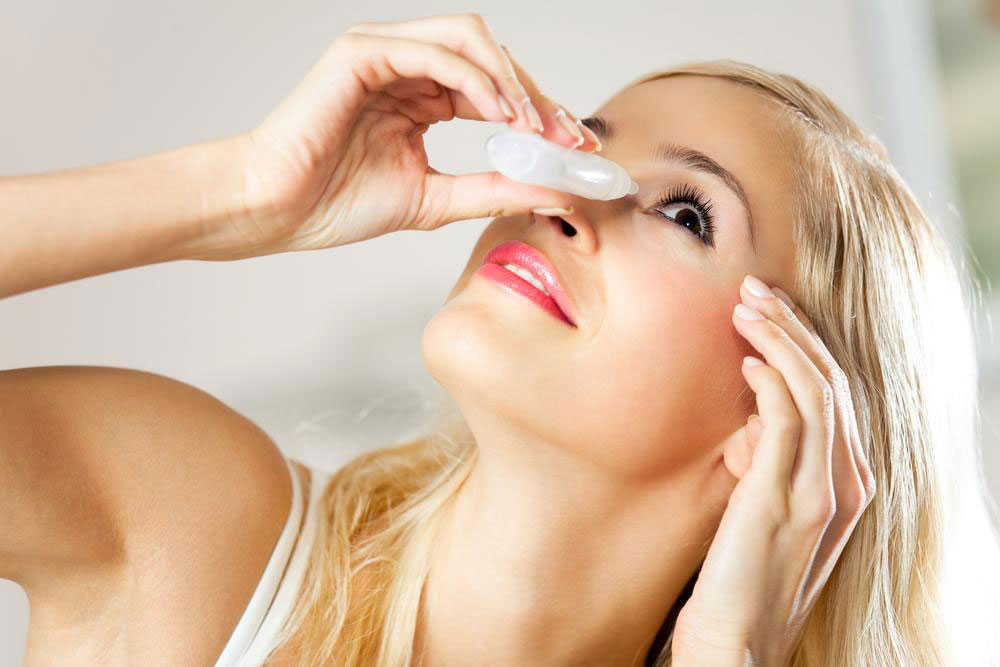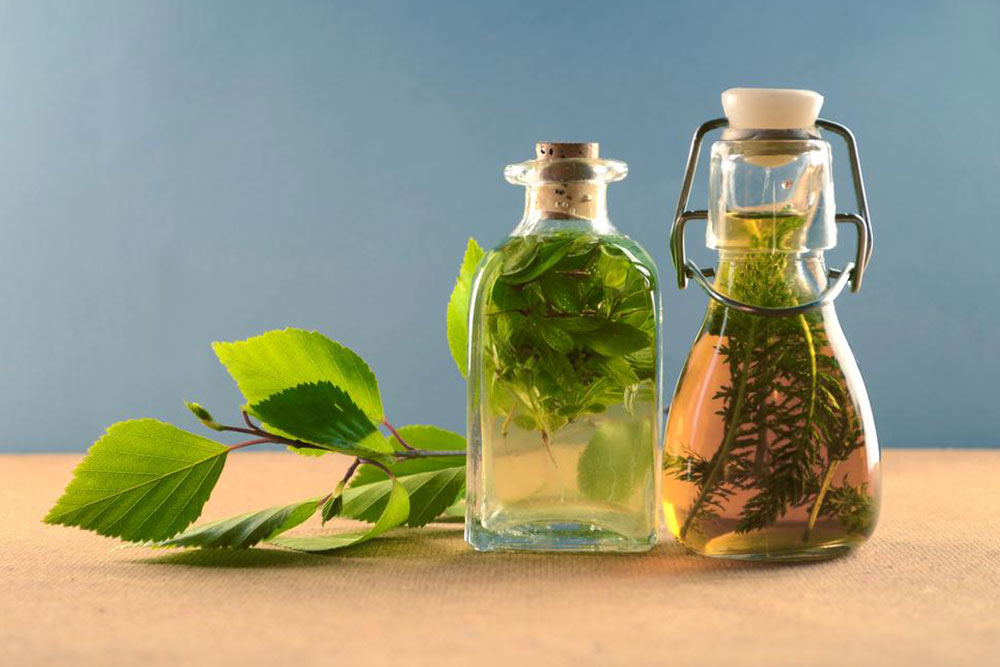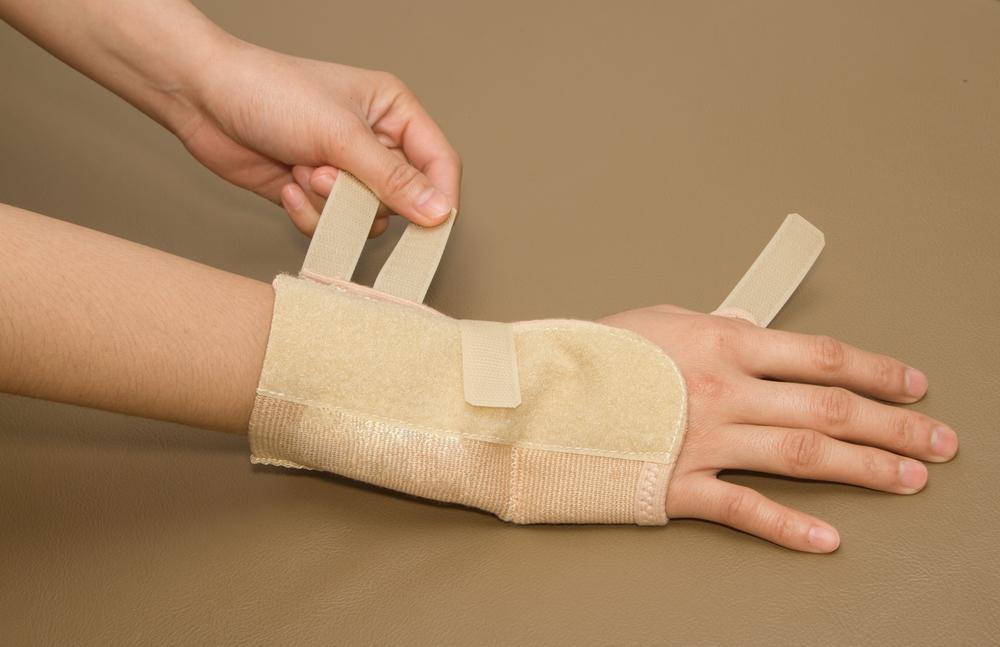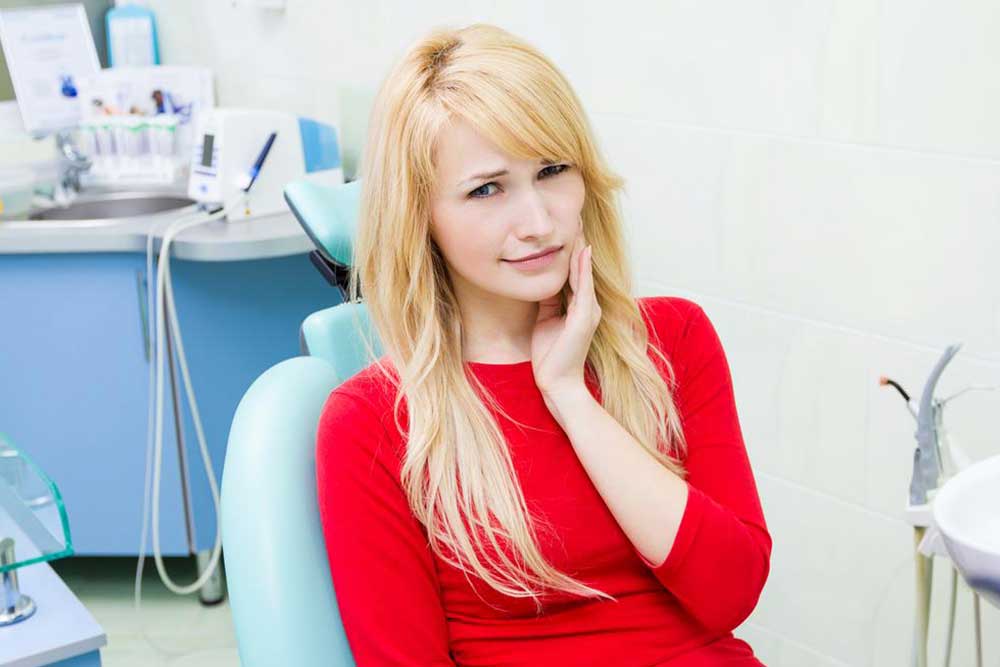Holistic Home Strategies to Effectively Manage and Treat Impetigo
Discover comprehensive home remedies and effective strategies to manage and treat impetigo naturally. From antibacterial honey to soothing aloe vera, learn how to promote healing, reduce discomfort, and prevent infection spread using safe, natural methods complemented by good hygiene practices. This guide provides valuable insights for parents and caregivers to support their child's recovery while understanding the importance of professional medical intervention for optimal outcomes.
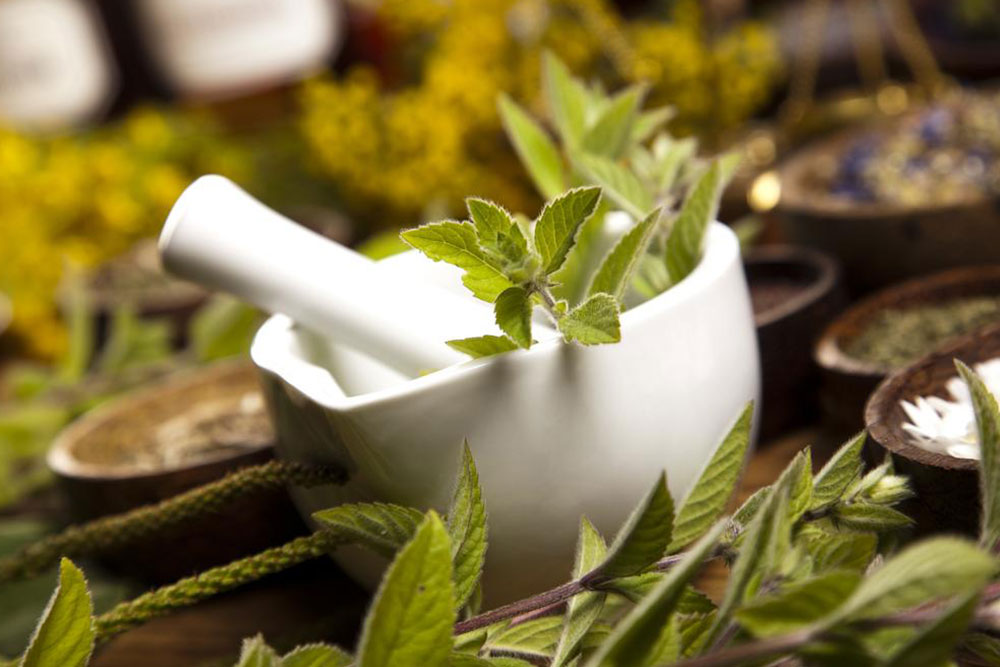
Holistic Home Strategies to Effectively Manage and Treat Impetigo
Impetigo, a highly contagious bacterial skin infection, primarily affects children but can also appear in adults under certain conditions. It manifests as red sores, blisters, and honey-colored crusts on the skin, often accompanied by itching and soreness. Because impetigo is easily spread through contact, early recognition and intervention are vital to controlling its spread and promoting healing. While medical treatment with antibiotics is most effective, numerous home remedies can support symptom relief, accelerate healing, and prevent secondary infections.
Proper management of impetigo at home involves good hygiene practices and natural remedies that can soothe the affected skin. These remedies may not replace professional medical treatment but can complement antibiotics and help reduce discomfort and the risk of spreading the infection to others.
Here are some effective natural treatments and home strategies to assist in impetigo recovery:
Manuka Honey: Renowned for its powerful antibacterial properties, manuka honey can aid in fighting bacterial infections and promote skin regeneration. Apply a small amount of raw, medical-grade manuka honey directly onto the impetigo lesions. Cover with a clean bandage if necessary, and leave it for a few hours before gently washing off with warm water. This therapy not only helps inhibit bacterial growth but also accelerates healing by supplying beneficial enzymes and nutrients.
Aloe Vera: Well-known for its soothing anti-inflammatory and healing effects, aloe vera gel can provide relief from itching and discomfort associated with impetigo. Extract fresh gel from aloe leaves and apply it generously to the affected areas. Leave on for 20-30 minutes and rinse with lukewarm water. Repeat this process 3-4 times daily. Aloe vera's natural compounds help reduce redness, soothe inflamed skin, and support tissue regeneration.
Additional natural remedies include:
Garlic: With natural antiseptic and antimicrobial properties, garlic can help reduce bacterial load on the skin. Crush a few garlic cloves to create a paste and apply carefully to the sores. Leave it for 10-15 minutes and rinse thoroughly. Due to its potency, avoid using garlic on sensitive or large areas and limit application to twice a day to prevent skin irritation.
Apple Cider Vinegar: Diluted with warm water, apple cider vinegar has properties that help dry out impetigo lesions and inhibit bacterial growth. Dip a cotton ball into the mixture and gently apply it to the affected zone up to three times daily. Its astringent nature supports faster crusting and healing, but be cautious to avoid applications to healthy skin to prevent irritation.
Maintaining good hygiene is fundamental when managing impetigo at home. Regularly washing hands, keeping the affected area clean and covered, and avoiding scratching can significantly reduce transmission risks. Using separate towels and washcloths for the affected area is recommended, alongside laundering bedding and clothing frequently. If symptoms worsen or persist beyond a week, consulting a healthcare provider is essential to prevent complications. Remember, while home remedies can assist in symptom management, they should complement prescribed treatments rather than replace professional medical advice.
In conclusion, impetigo can be effectively managed at home with diligent hygiene practices and natural remedies that promote healing and reduce discomfort. However, early medical consultation is critical to ensure appropriate antibiotic use and prevent complications. Combining professional treatment with the natural supportive therapies discussed can lead to quicker recovery and lessened risk of contagion, protecting both the infected individual and those around them.

